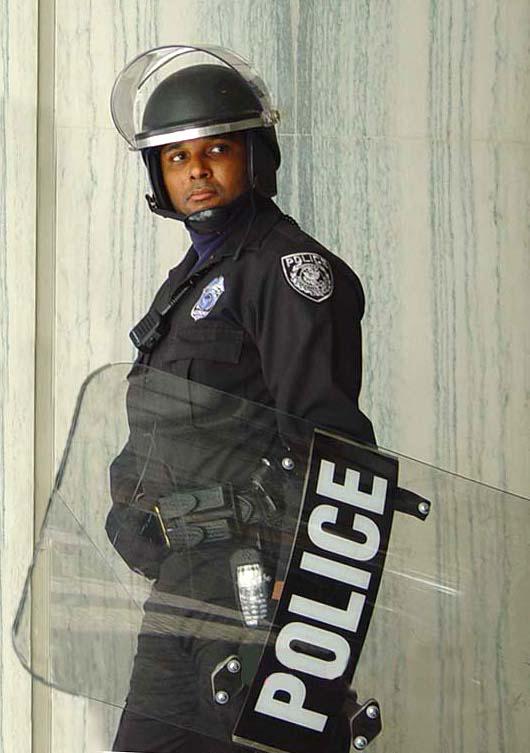Should police officers’ personal info be obtainable?
More stories from Zach Filtz
Police officers cruise the beat, assist the public, save lives, and protect, but who is to say their personal information is to be blocked by government? That was state Sen. Lisa Boscola’s argument regarding a police commissioner who received a coarse letter using some choice epithets in March, according to an article by policemisconduct.net.
I am surprised the agents of the mass media have not jumped on this issue already. I know some public figures like ministers choose to have their phone number unlisted in the White Pages books of years past, but this is a different story.
Boscola, a Democrat of Lehigh Valley, argued that we cannot have the home addresses exposed of our police. Other than that alleged written letter incident to that commissioner’s house, she did not cite any other major instances in which police’s information secrecy would be necessary. Her reasoning was rather narrow, and according to the aforementioned article, her bill has received little attention. As for the article I mentioned, that was published six months ago. No traction.
In some areas in America, it is actually illegal to attempt to obtain court records, home addresses, and other personal information. Some of these ideas have been orchestrated during the collective bargaining agreement between the police administration and the police unions.
While I respect the efforts of the union and understand they are trying to support their staff, I think it really is wrong, and ought to be a violation of the Right-To-Know Act, a law that allows civilians (such as journalism majors, like myself) to access records for state and federal employees.
While I am glad Boscola’s bill has not received much attention, I think it is important to note that we as civilians need to understand our rights of speech, and especially our ability to obtain information. While the huge majority of the readers of the Cal Times are not journalism students, I will say there is nothing more frustrating than interviewing a source and hitting a roadblock.

